20+ Famous Figures Who Revolutionized History And Shaped The World As We Know It Today
Throughout history, certain individuals have emerged whose ideas, actions, and vision have dramatically reshaped the world. These remarkable figures span diverse fields and cultures, yet each has left an indelible mark on humanity.
From scientists and inventors to activists and spiritual leaders, their stories inspire us to think beyond the ordinary and strive for greatness. This article explores the lives and legacies of such individuals who dared to change the world in profound ways.
Charles Darwin: The Revolutionary Evolutionary Thinker
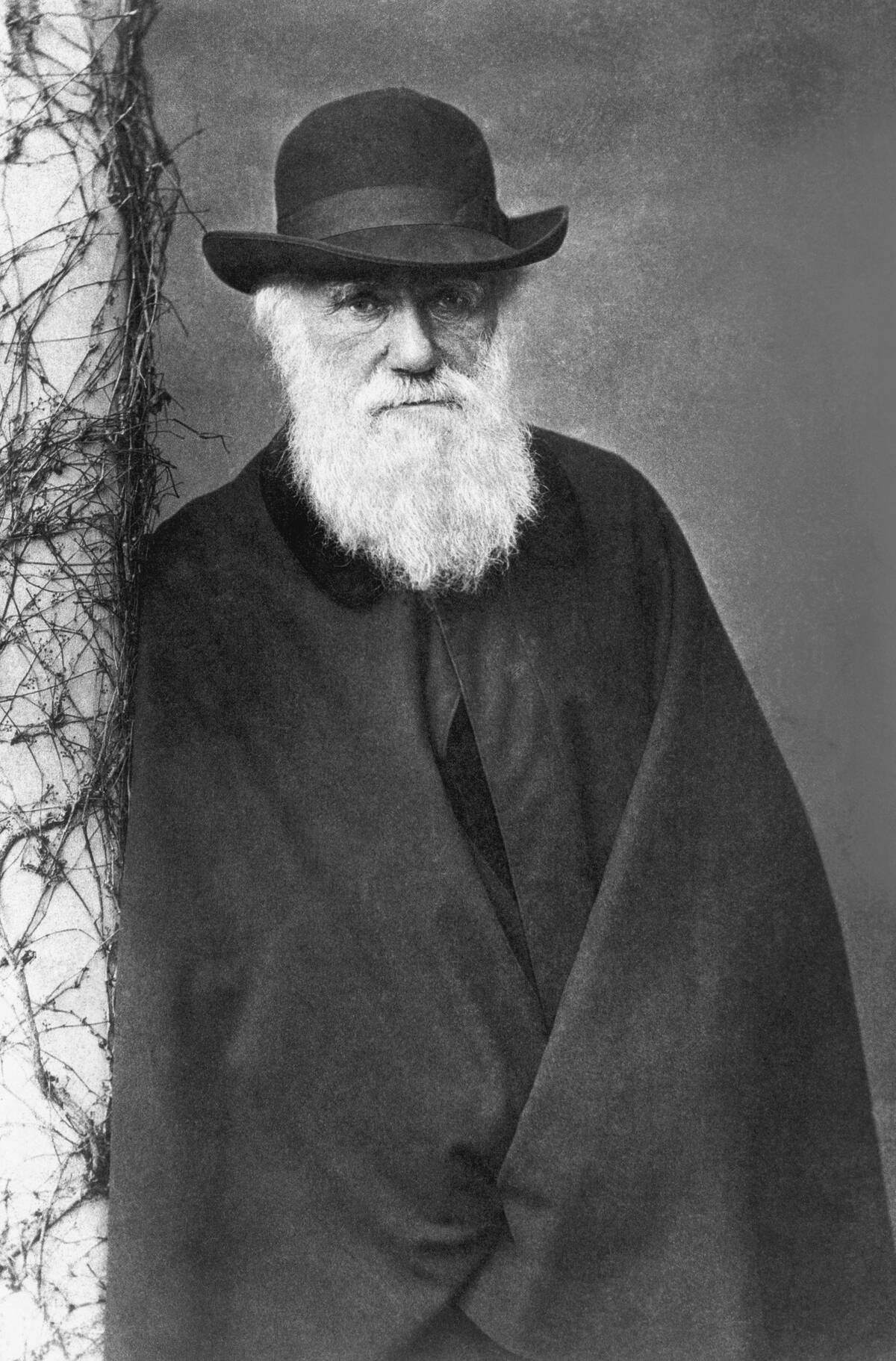
Charles Darwin, an English naturalist, fundamentally altered our understanding of life on Earth with his pioneering theory of evolution by natural selection. His groundbreaking work, On the Origin of Species, published in 1859, provided compelling evidence that all species, including humans, evolved from common ancestors.
This theory challenged prevailing beliefs and sparked scientific, religious, and philosophical debates, cementing Darwin’s place as a transformative figure in the history of science.
Albert Einstein: The Mind Behind Relativity
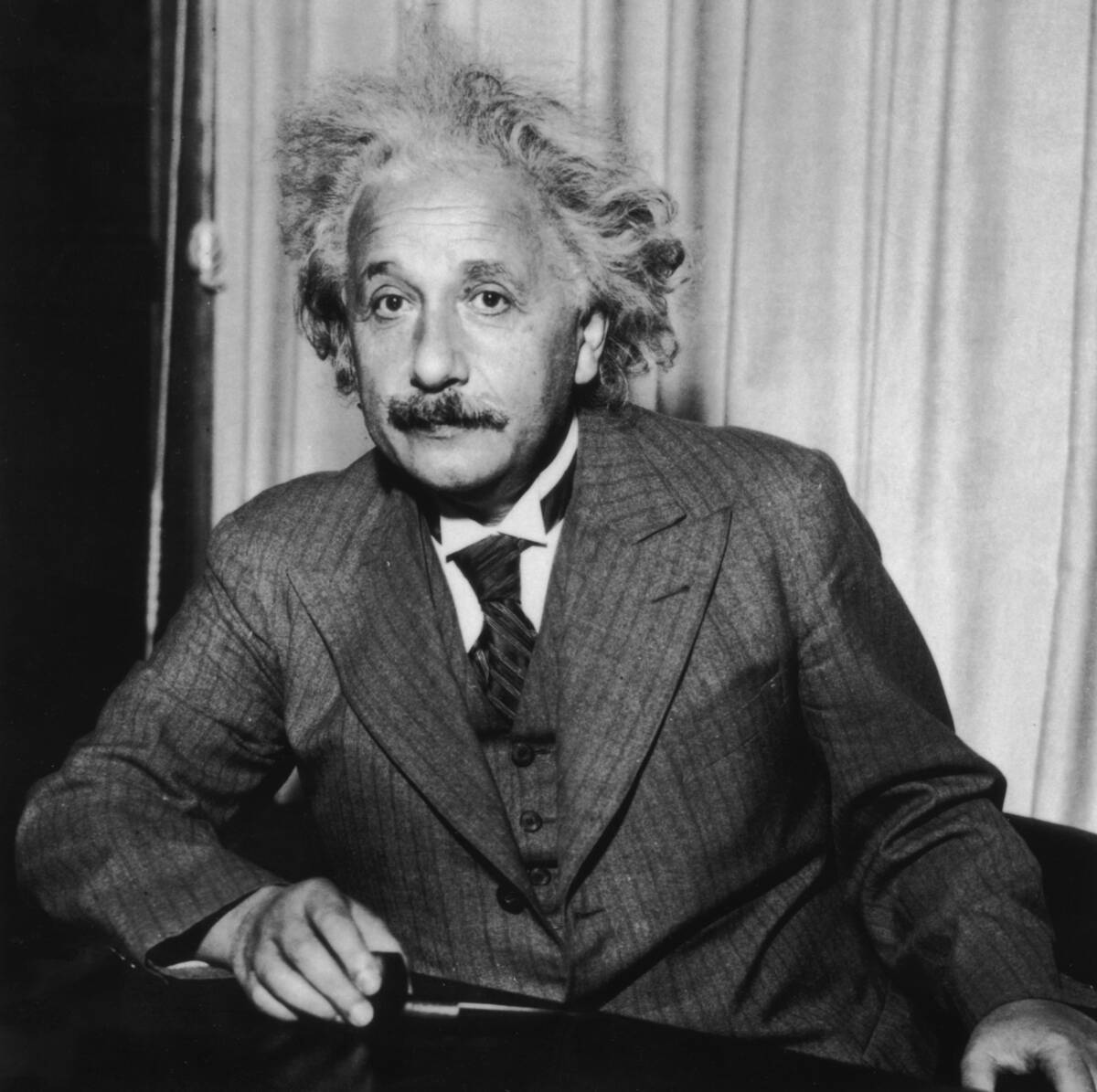
Albert Einstein, one of history’s most influential scientists, revolutionized our understanding of the universe with his theory of relativity. His insights into the nature of space, time, and energy reshaped the field of physics and paved the way for modern scientific advancements.
Beyond his scientific contributions, Einstein was also an advocate for peace and civil rights, using his platform to speak out against war and inequality, further cementing his legacy as a transformative thinker.
Leonardo da Vinci: The Quintessential Renaissance Man
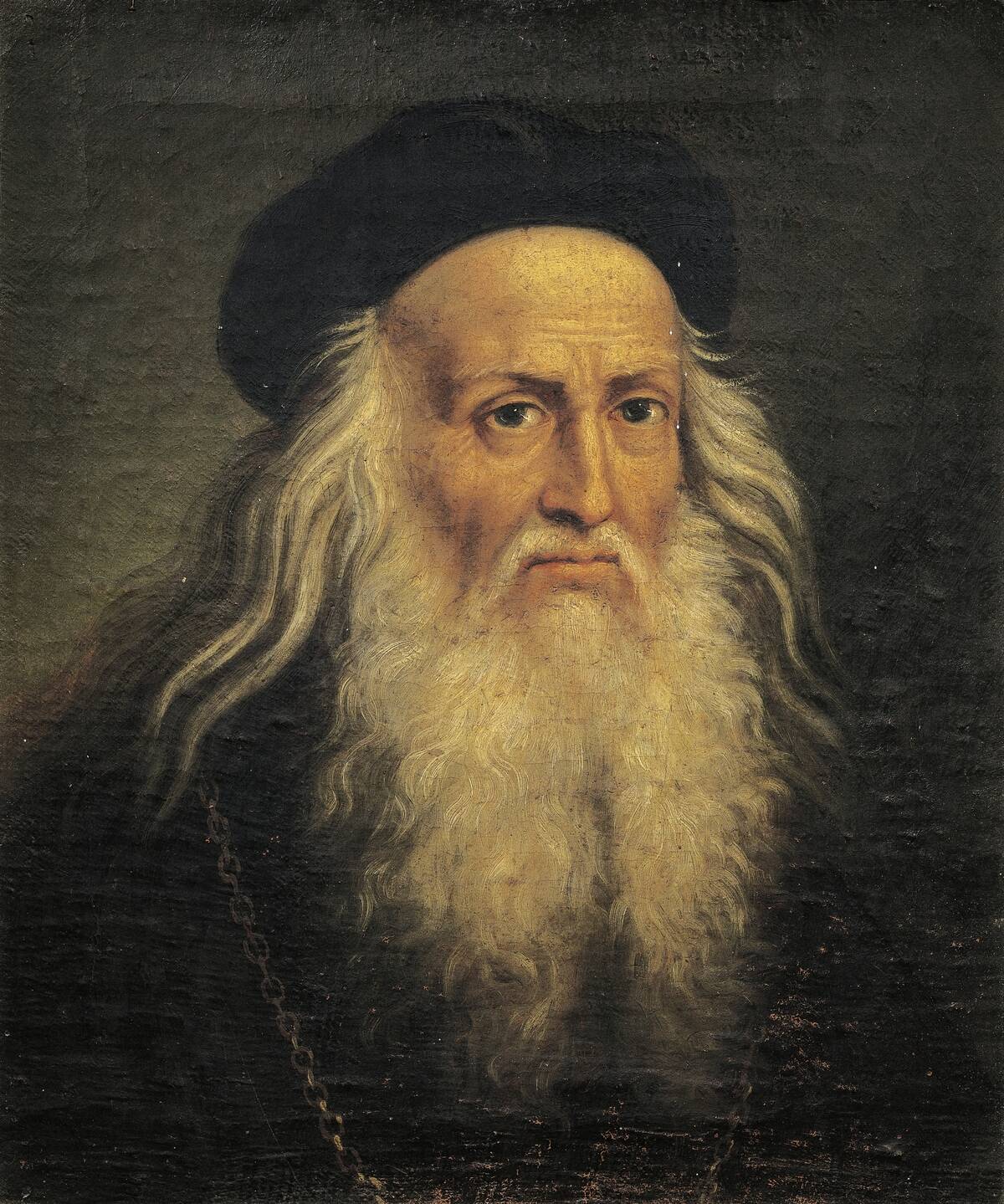
Leonardo da Vinci epitomizes the Renaissance ideal of a polymath, excelling in diverse fields such as art, science, and engineering. His masterpieces, including the Mona Lisa and The Last Supper, showcase his artistic genius, while his notebooks reveal groundbreaking ideas and inventions that were centuries ahead of their time.
Da Vinci’s insatiable curiosity and innovative spirit continue to inspire creativity and interdisciplinary exploration, making him a timeless symbol of human potential.
Tim Berners-Lee: Architect of the World Wide Web
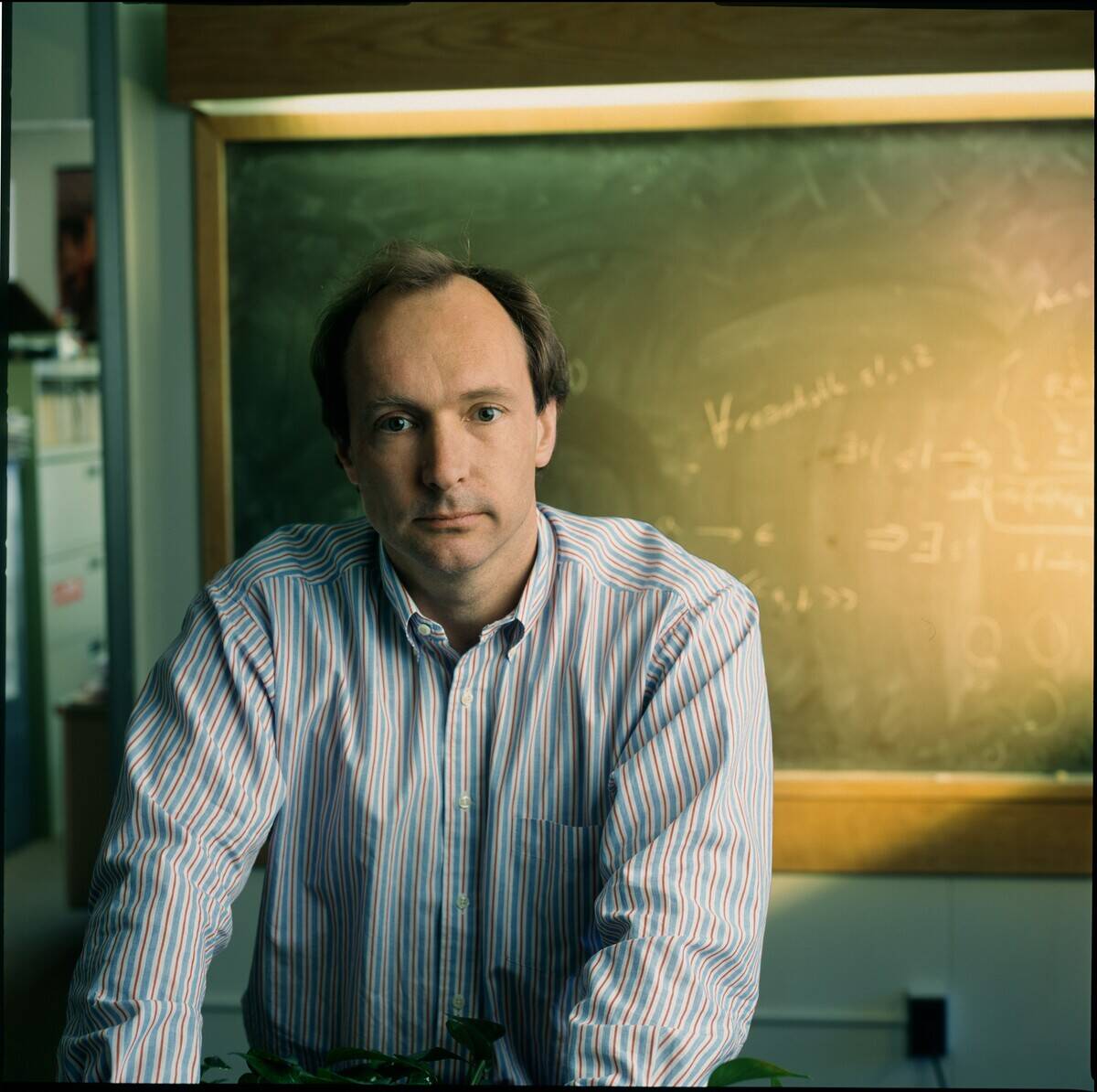
In 1989, Tim Berners-Lee, an English computer scientist, invented the World Wide Web, revolutionizing the way information is shared and accessed globally. Often called the ‘Father of the Internet,’ he developed the first web browser, editor, and server, laying the foundation for the digital age.
His invention transformed communication, commerce, and education, making the internet an indispensable tool in modern life and connecting billions around the world.
Martin Luther King Jr.: Champion of Nonviolent Resistance
![Reverend [redacted]](https://media.tellmebest.com/wp-content/uploads/2023/07/reverend-dr.-martin-luther-king-jr-10010.jpeg)
Martin Luther King Jr. emerged as a pivotal leader in the American Civil Rights Movement, advocating for racial equality through nonviolent resistance. Inspired by Christian teachings and Mahatma Gandhi’s philosophy, King led impactful campaigns and delivered iconic speeches, including the ‘I Have a Dream’ address.
His tireless efforts in promoting justice and unity earned him the Nobel Peace Prize in 1964 and left an enduring legacy of hope and progress in the fight against racial discrimination.
Nicholas Winton: The Heroic Humanitarian
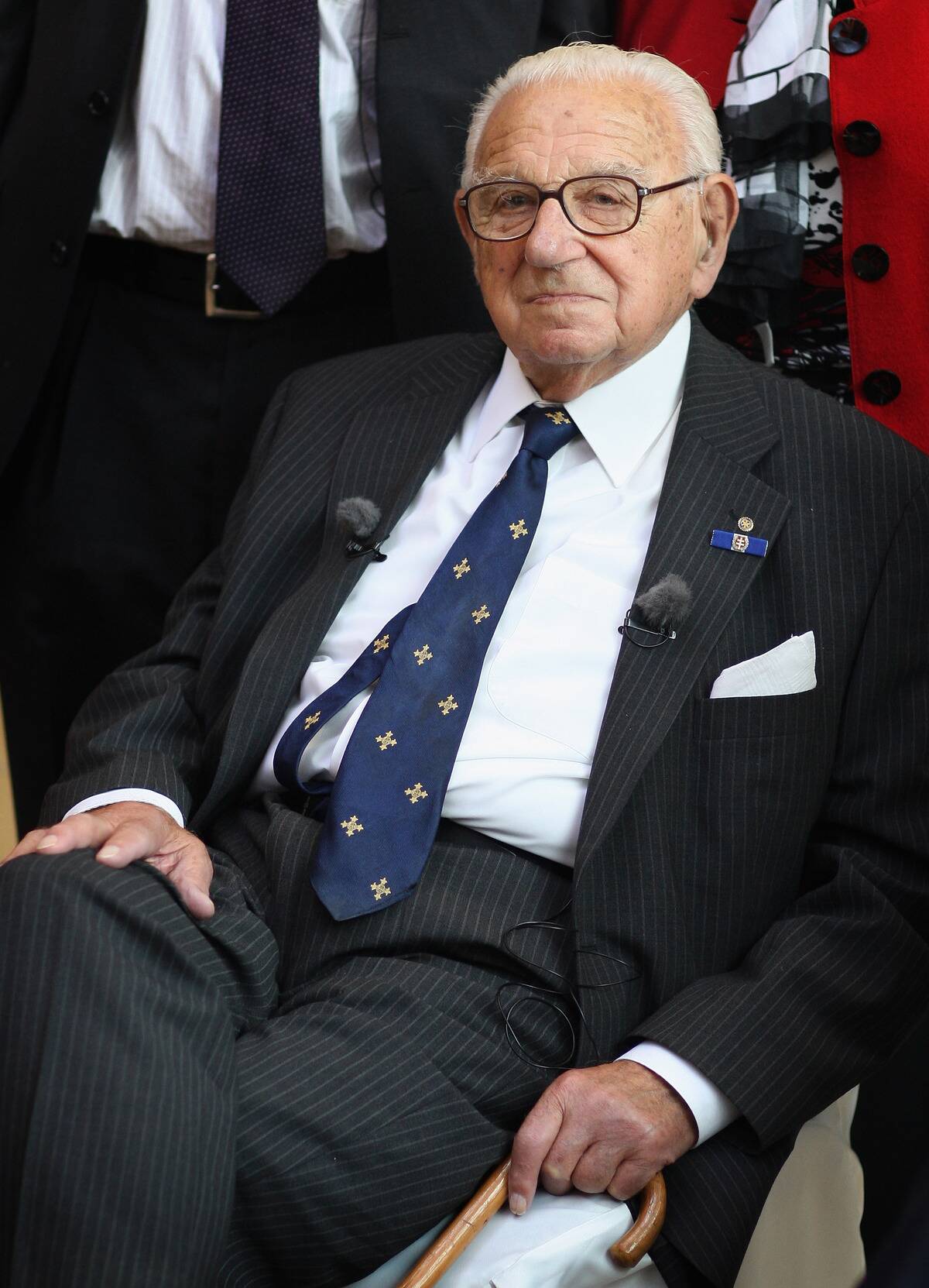
Nicholas Winton, a British humanitarian, orchestrated the rescue of 669 children, predominantly Jewish, from Czechoslovakia on the brink of World War II. Defying bureaucratic hurdles, he arranged safe passage for these children to Britain, saving them from the horrors of the Holocaust.
His selfless actions remained largely unknown for decades until they were publicized in 1988, earning him widespread recognition as a hero who quietly changed countless lives.
Gautama Buddha: Founder of Buddhism
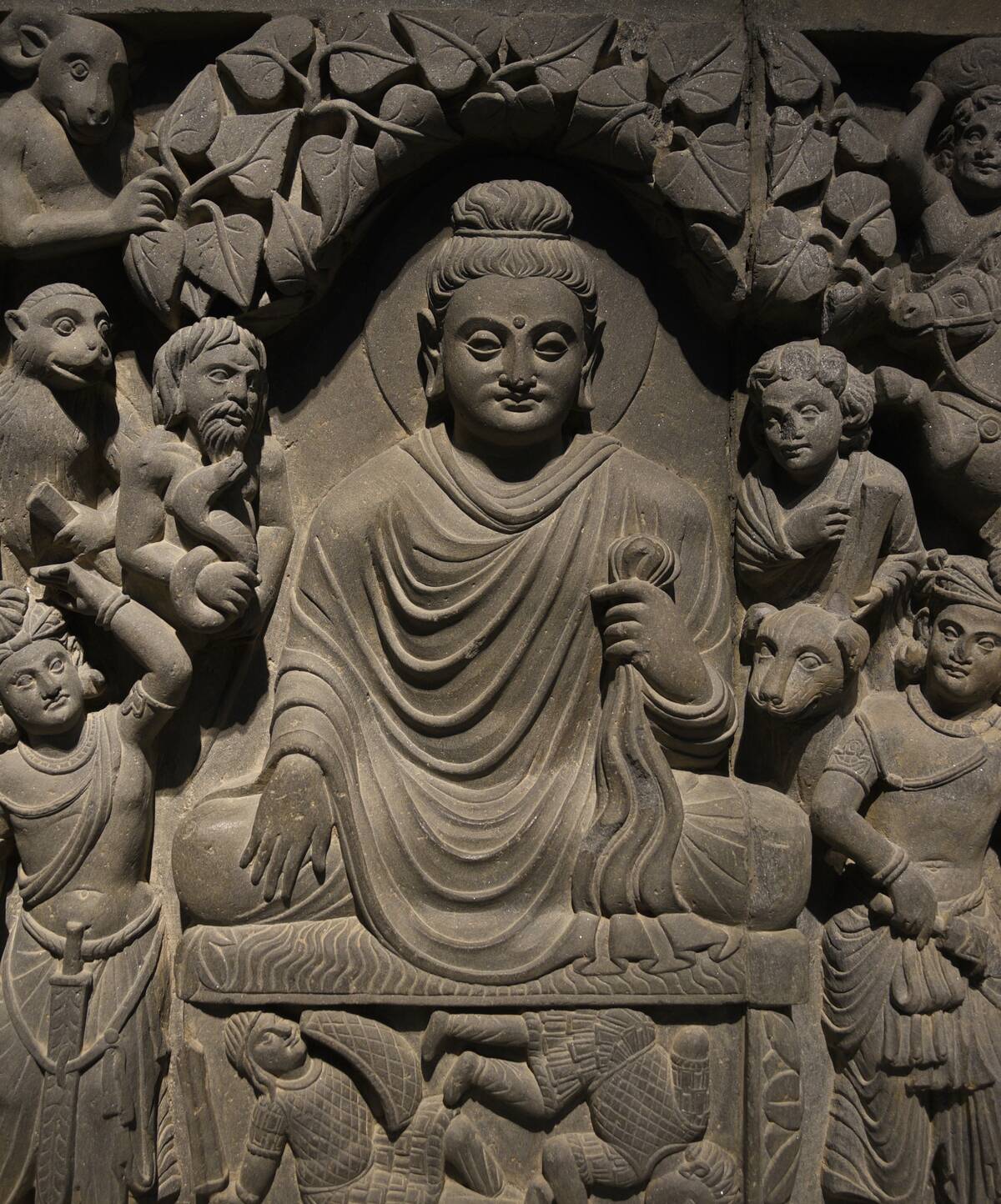
Gautama Buddha, born Siddhartha Gautama, was a prince who renounced worldly pleasures to seek spiritual enlightenment. His teachings, centered on the Four Noble Truths and the Eightfold Path, laid the foundation for Buddhism, a major world religion.
Through his insights on suffering, mindfulness, and compassion, Buddha influenced millions, offering a path to spiritual awakening and inner peace that continues to resonate across cultures and generations.
Rosa Parks: Catalyst of the Civil Rights Movement
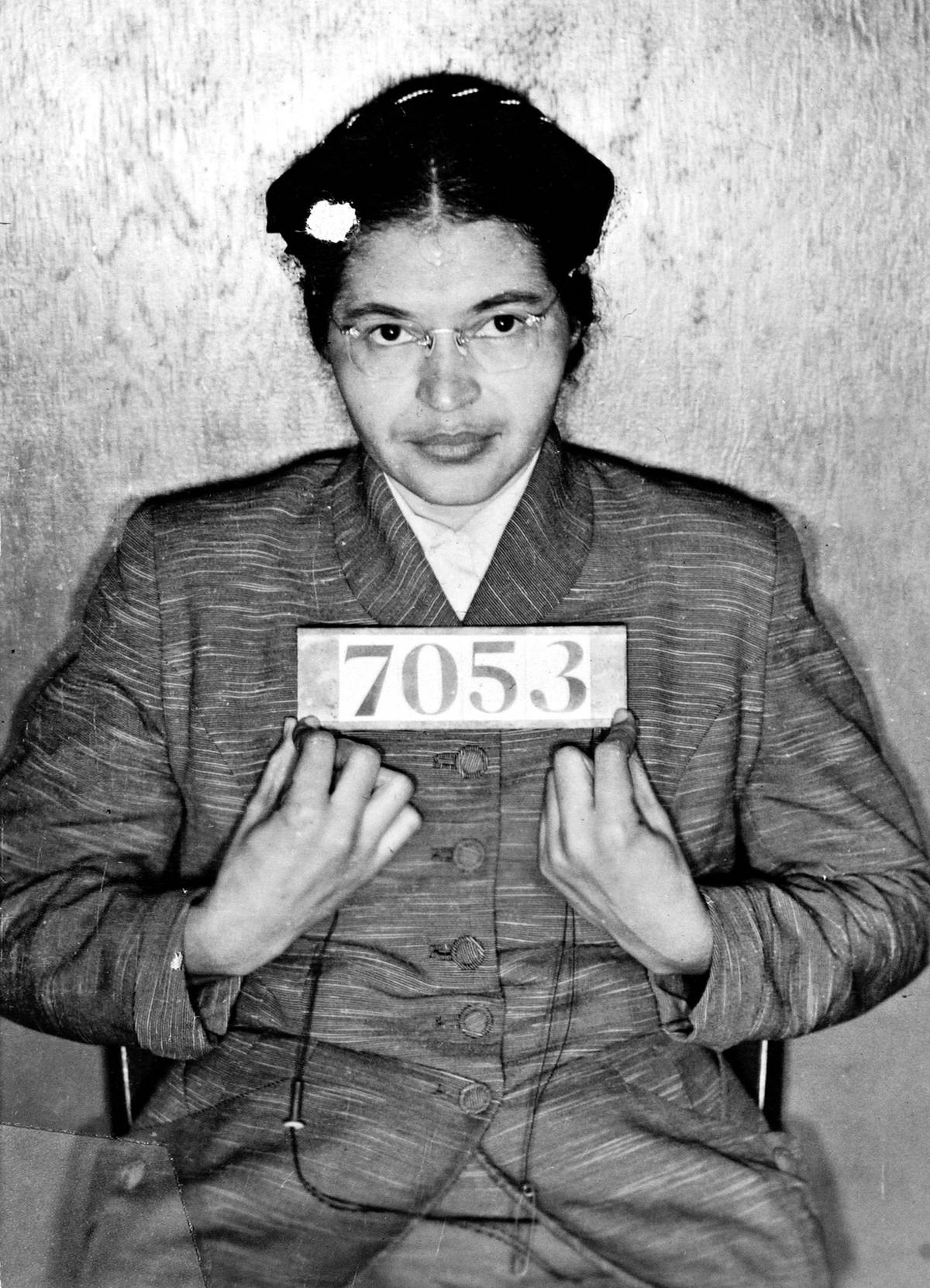
Rosa Parks, known as ‘the first lady of civil rights,’ became a symbol of resistance against racial segregation in America. In 1955, her refusal to relinquish her bus seat to a white passenger in Montgomery, Alabama, sparked the Montgomery Bus Boycott.
This pivotal act of defiance galvanized the Civil Rights Movement, leading to significant strides toward racial equality and making Parks an enduring icon of courage and determination.
Henry Dunant: Pioneer of Humanitarian Aid
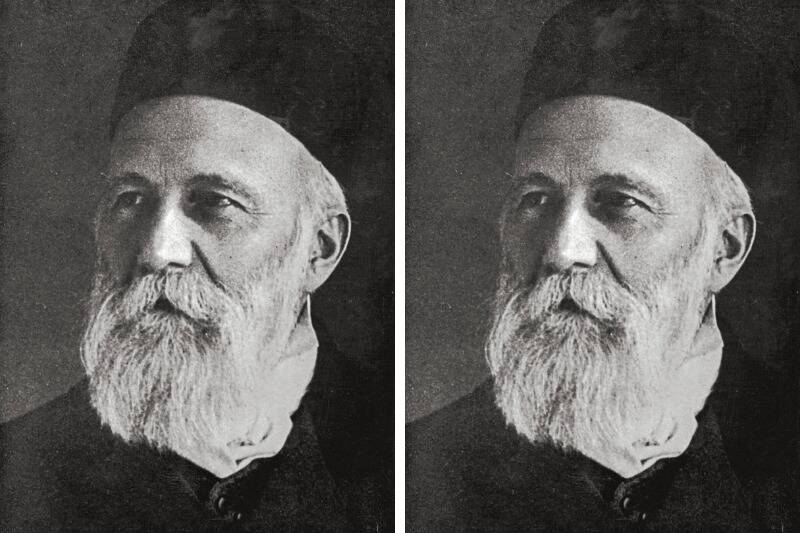
Henry Dunant, a Swiss businessman and social activist, witnessed the horrific aftermath of the Battle of Solferino in 1859, inspiring him to advocate for humanitarian aid.
He founded the Red Cross in 1863 and played a crucial role in establishing the Geneva Convention, laying the groundwork for modern humanitarian efforts. Awarded the first Nobel Peace Prize in 1901, Dunant’s legacy endures in the ongoing mission to alleviate human suffering worldwide.
Jesus of Nazareth: Central Figure of Christianity
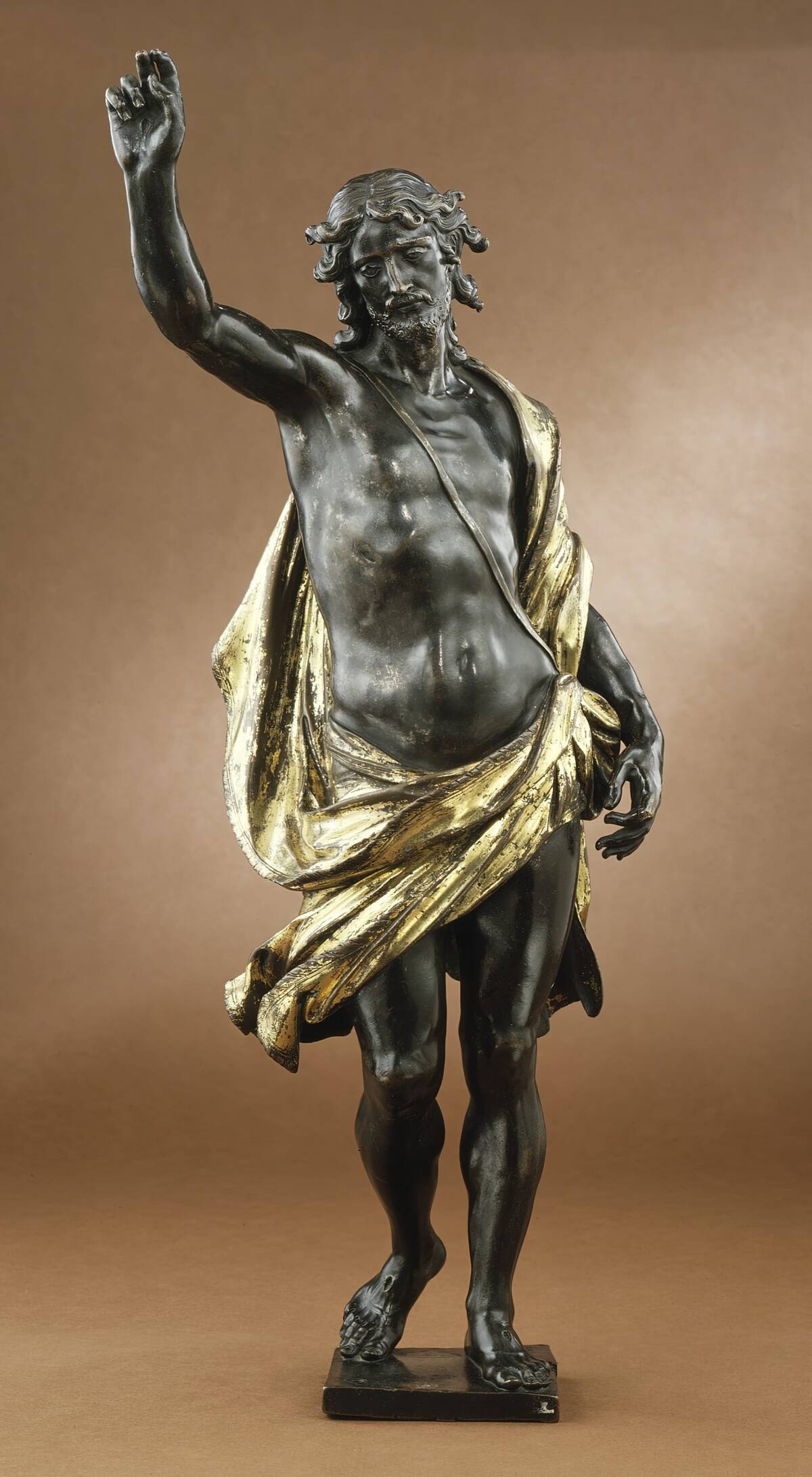
Jesus of Nazareth, a central figure in Christianity, transformed the spiritual landscape of the world with his teachings on love, forgiveness, and redemption. His message of compassion and salvation has resonated for over two millennia, forming the foundation of Christian faith.
With over 2.4 billion followers today, Jesus’s influence extends beyond religion, shaping art, culture, and moral values, and inspiring countless individuals to live lives of kindness and humility.
William Shakespeare: The Bard of Avon
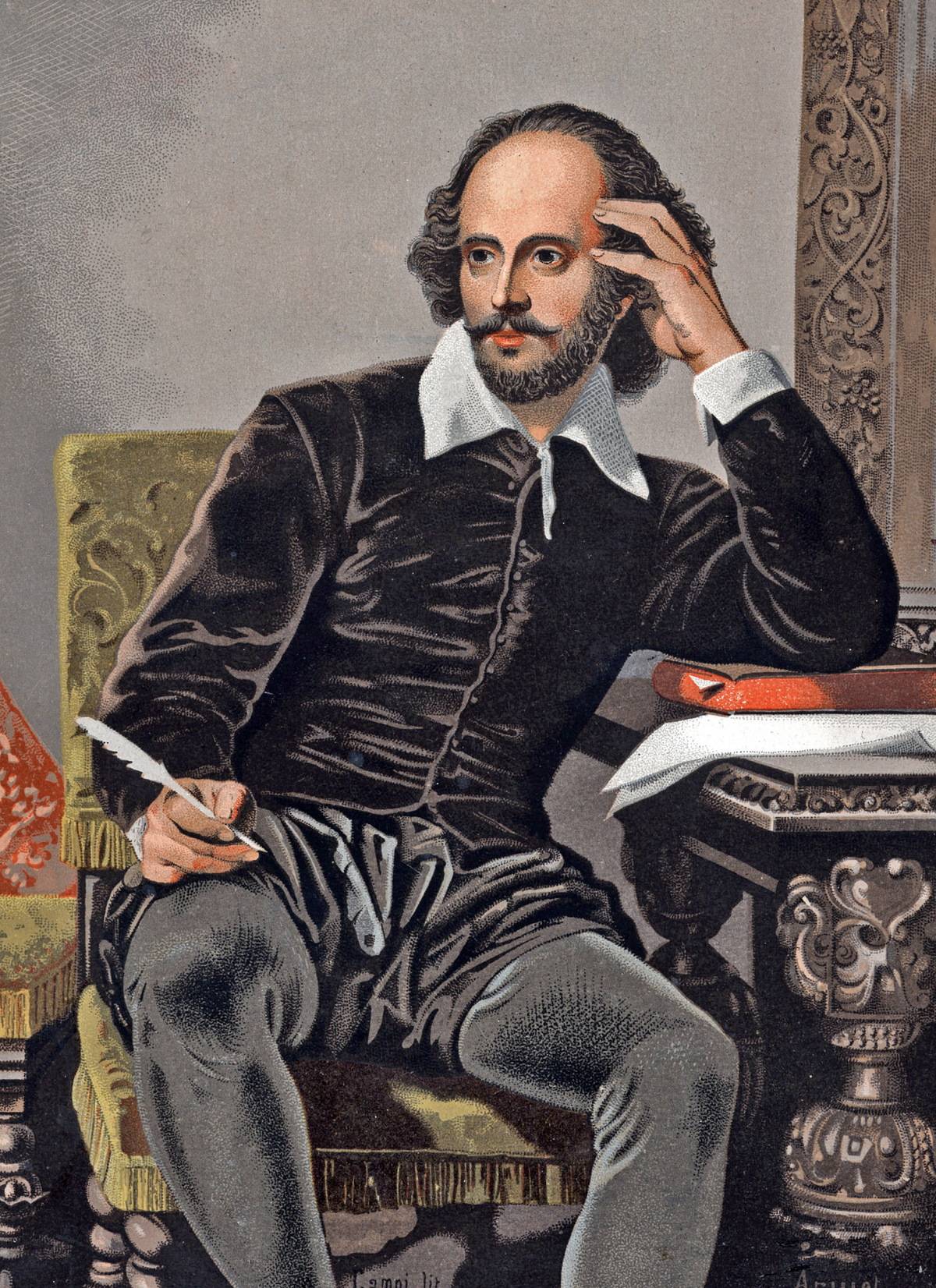
William Shakespeare, often hailed as the greatest playwright and poet in the English language, left an indelible mark on literature and theater. His works, including timeless plays like Hamlet, Romeo and Juliet, and Macbeth, explore the depths of human emotion and societal themes, resonating with audiences across centuries.
Shakespeare’s mastery of language, character, and storytelling continues to inspire writers, artists, and performers, cementing his status as a literary icon.
Simon Bolivar: The Liberator of Nations
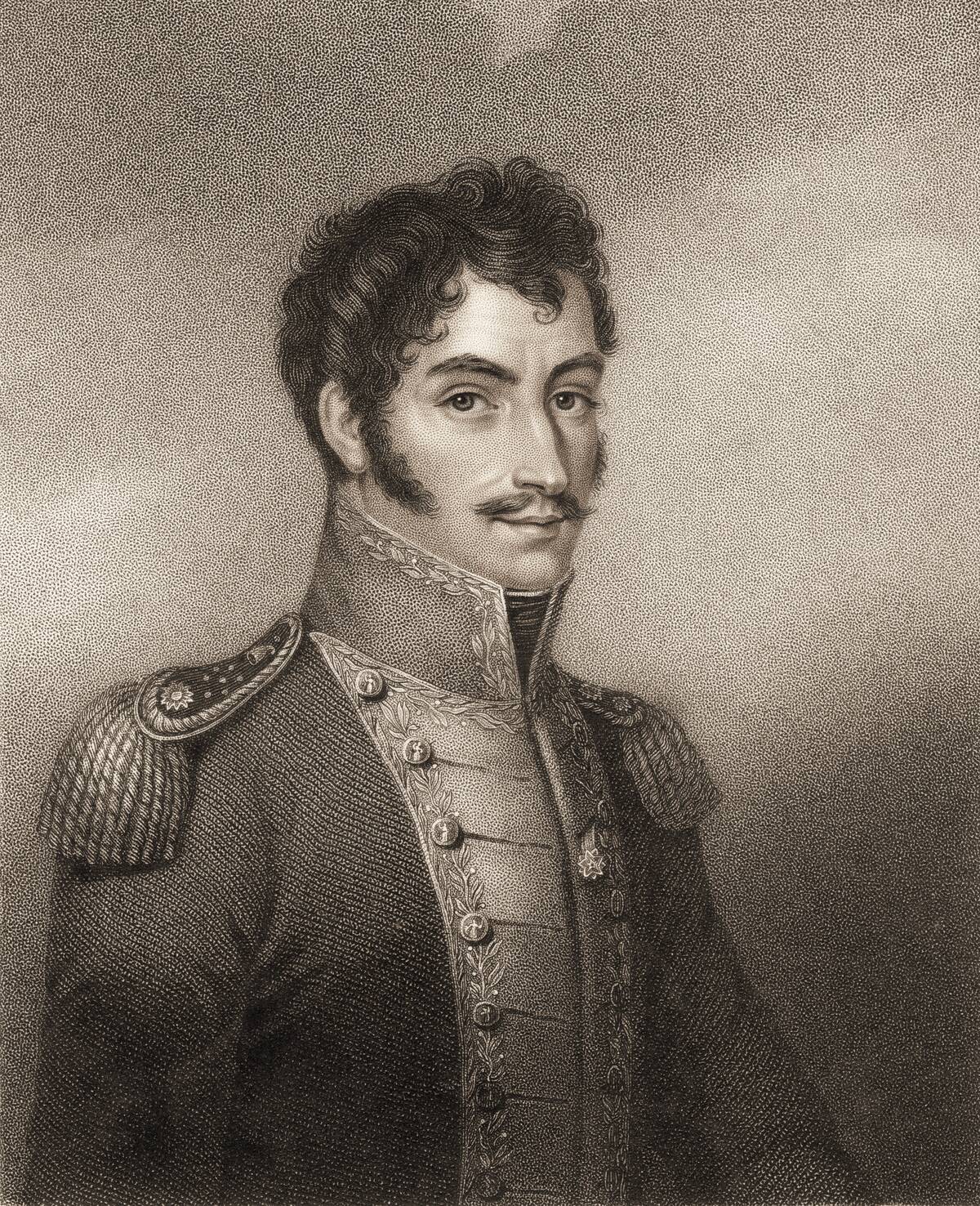
Simon Bolivar, known as El Libertador, was instrumental in liberating six Latin American countries from Spanish colonial rule. Born into an aristocratic Venezuelan family, he dedicated his life to military campaigns and political leadership, advocating for independence and unity across the region.
His vision and relentless pursuit of freedom earned him a place in history as a champion of self-determination and inspired future generations in the quest for liberty.
Oskar Schindler: The Unlikely Savior
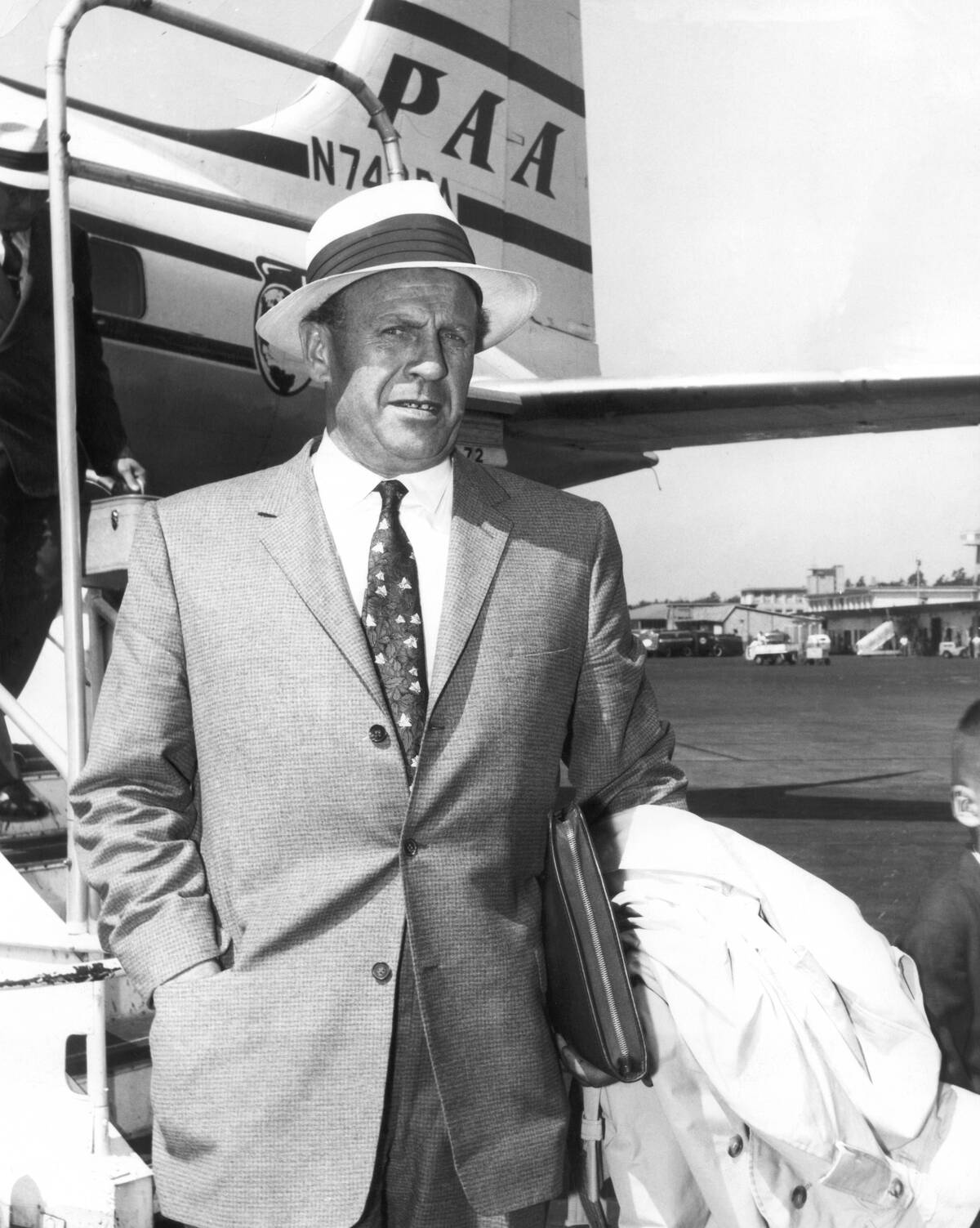
Oskar Schindler, a German industrialist, defied his Nazi affiliations to save over 1,200 Jews during the Holocaust by employing them in his factories. Despite his flaws, Schindler’s courageous actions amidst the horrors of war have been celebrated in literature and film, most notably in Schindler’s List.
His story is a testament to the power of individual moral courage and the impact one person can have in altering the course of history for the better.
Abraham Lincoln: The Great Emancipator
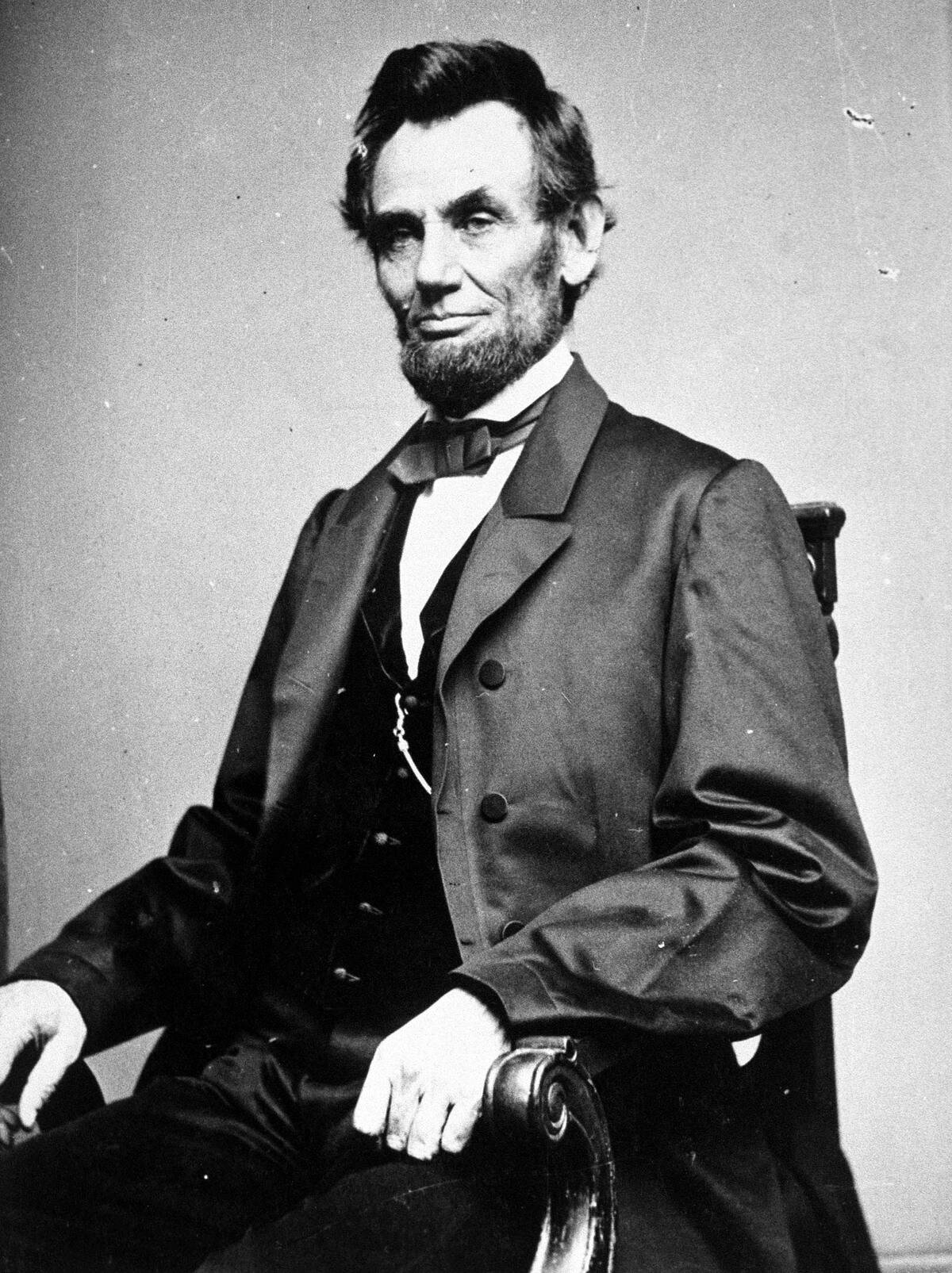
Abraham Lincoln, the 16th President of the United States, is celebrated for his leadership during the Civil War and his commitment to ending slavery. His Emancipation Proclamation and efforts to pass the Thirteenth Amendment transformed the nation, paving the way for civil rights advancements.
Lincoln’s vision for a unified country and his dedication to equality and justice have made him an enduring symbol of freedom and democracy, influencing generations of leaders.
Sigmund Freud: Explorer of the Subconscious
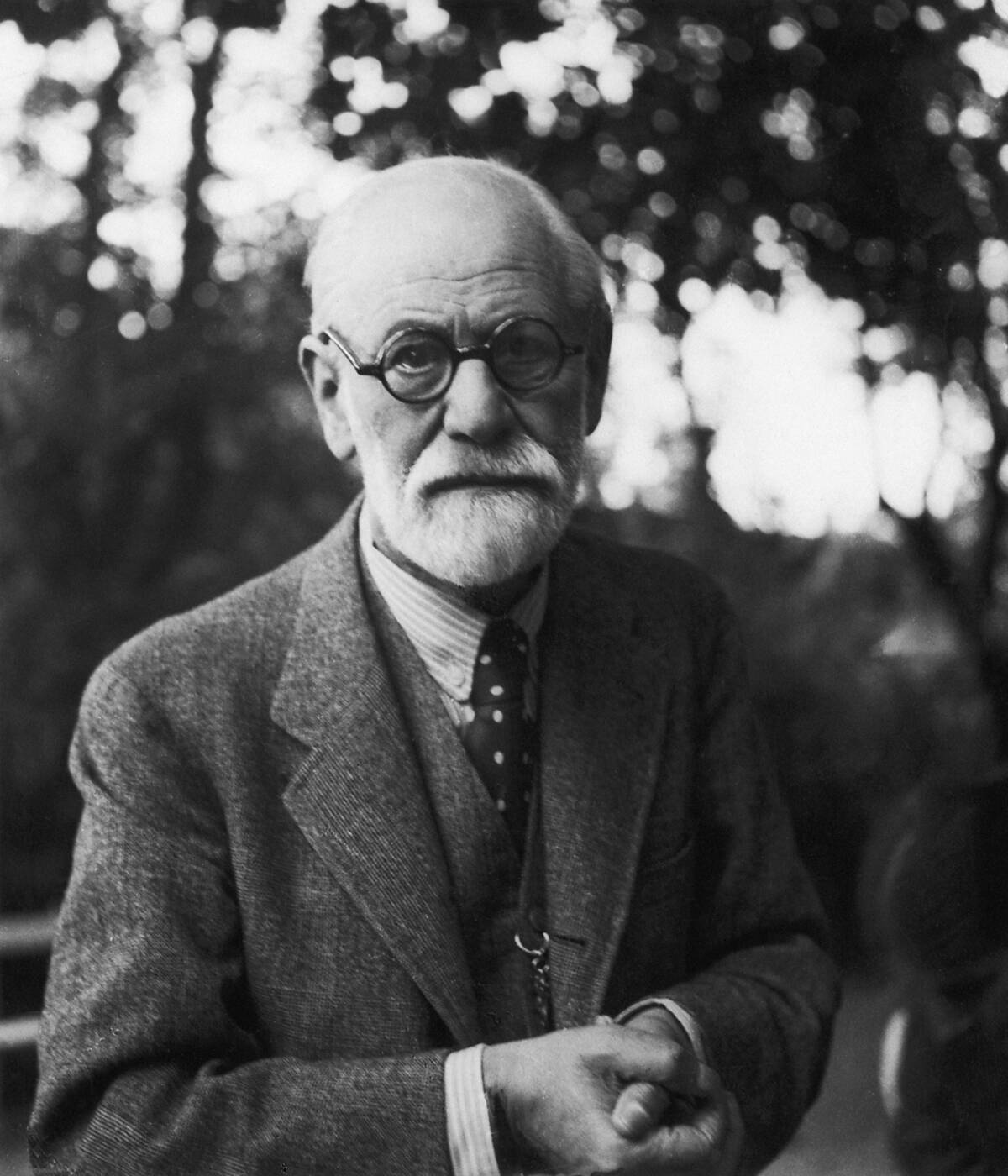
Sigmund Freud, the father of psychoanalysis, revolutionized the understanding of the human mind by exploring the subconscious. His theories on the interplay between unconscious desires, childhood experiences, and behavior offered new insights into human psychology.
Though some of his ideas remain controversial, Freud’s pioneering work laid the foundation for modern psychotherapy and continues to influence the fields of psychology, literature, and cultural studies, shaping our perception of the mind.
Stephen Hawking: Theoretical Physicist and Visionary
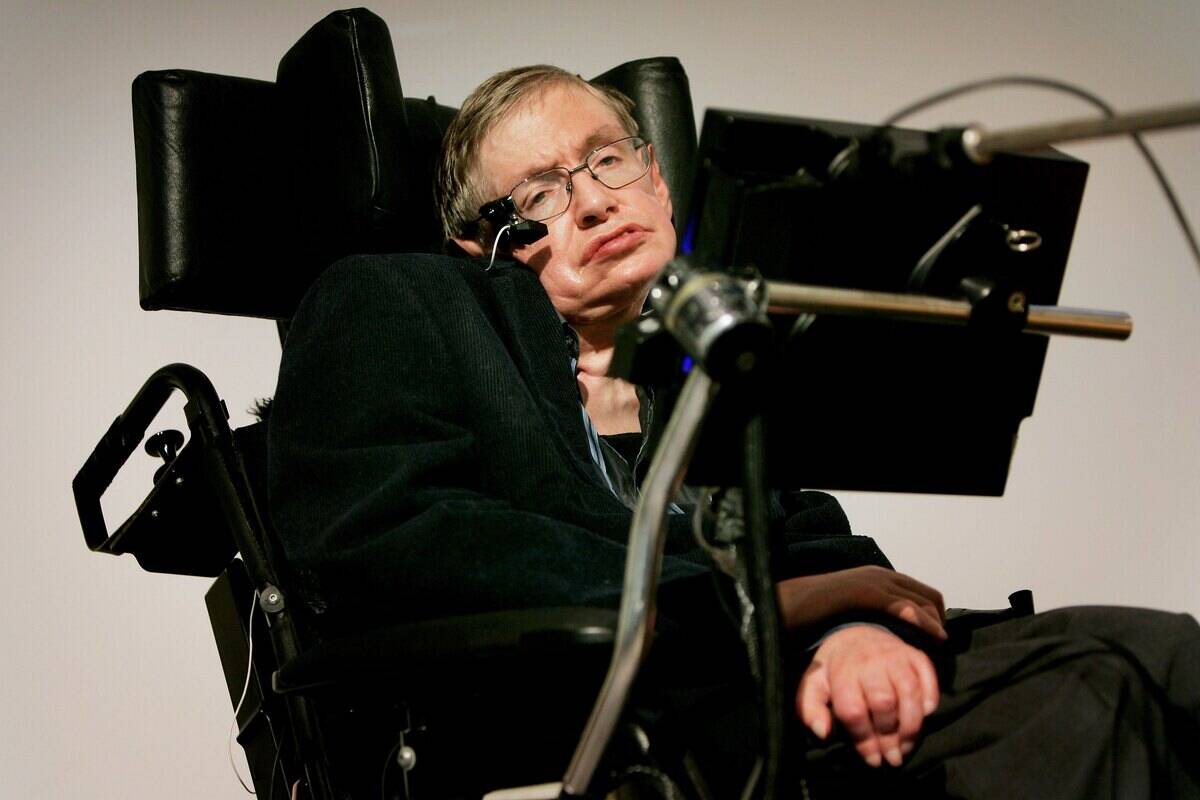
Stephen Hawking, a renowned theoretical physicist, made significant contributions to cosmology and the understanding of black holes. Despite being diagnosed with ALS, which left him paralyzed, Hawking’s groundbreaking work on the nature of the universe, particularly his theories on black hole radiation, captivated the scientific community and the public.
His resilience and intellect, coupled with his ability to communicate complex ideas, inspired countless individuals to explore the mysteries of the cosmos.
Tank Man: The Face of Courage and Resistance
![Protester Blocking Tanks Approaching [redacted]](https://media.tellmebest.com/wp-content/uploads/2023/04/protester-blocking-tanks-approaching-tiananmen-square.-45356.jpeg)
Tank Man, an unidentified individual, became a symbol of defiance and courage during the Tiananmen Square protests in 1989. Captured in an iconic photograph standing before a column of tanks, he embodied the spirit of peaceful resistance against oppression.
Though his identity and fate remain unknown, Tank Man’s brave stand continues to inspire movements for democracy and human rights, representing the power of individual action in the face of authoritarian regimes.
Nelson Mandela: Icon of Freedom and Reconciliation
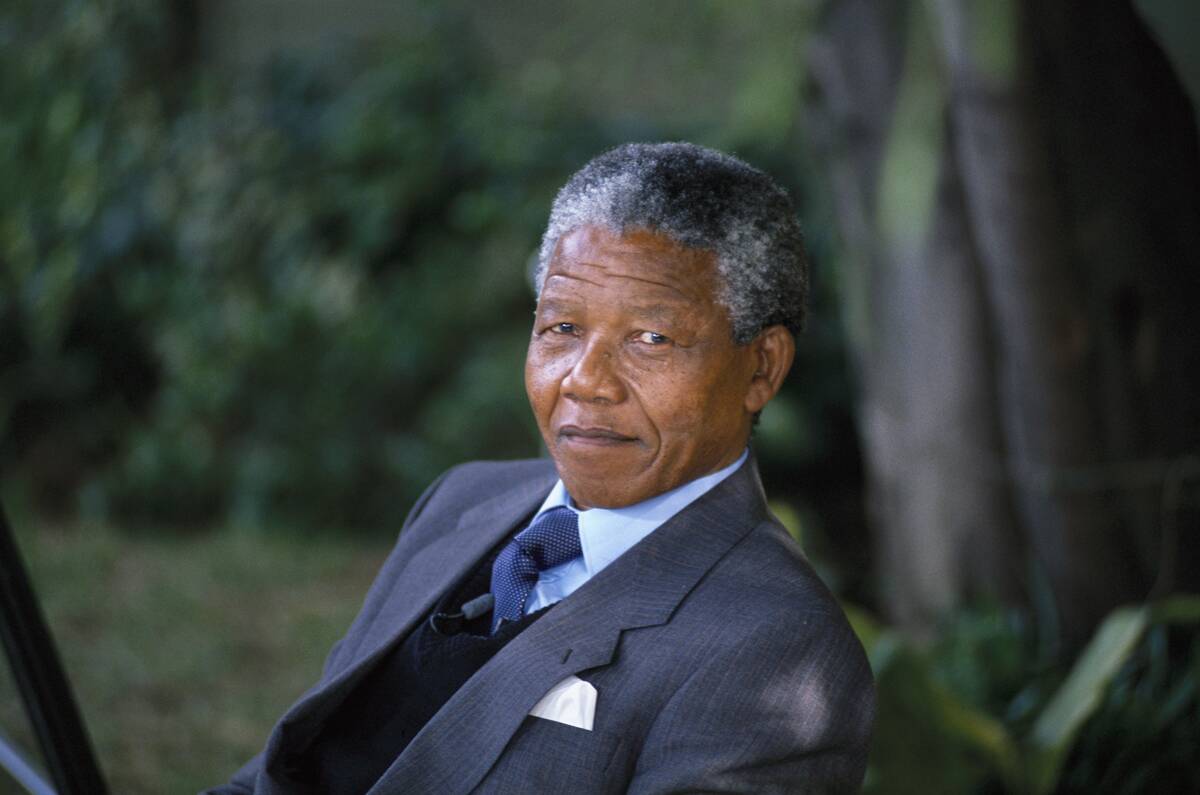
Nelson Mandela, a key figure in the fight against apartheid, became South Africa’s first Black president and a beacon of reconciliation. Imprisoned for 27 years, Mandela emerged as a leader committed to peace and equality, negotiating the end of apartheid and ushering in a new era of democracy.
Awarded the Nobel Peace Prize in 1993, his life’s work continues to inspire movements for justice and human rights worldwide, embodying the power of forgiveness and unity.
Muhammad: The Prophet of Islam
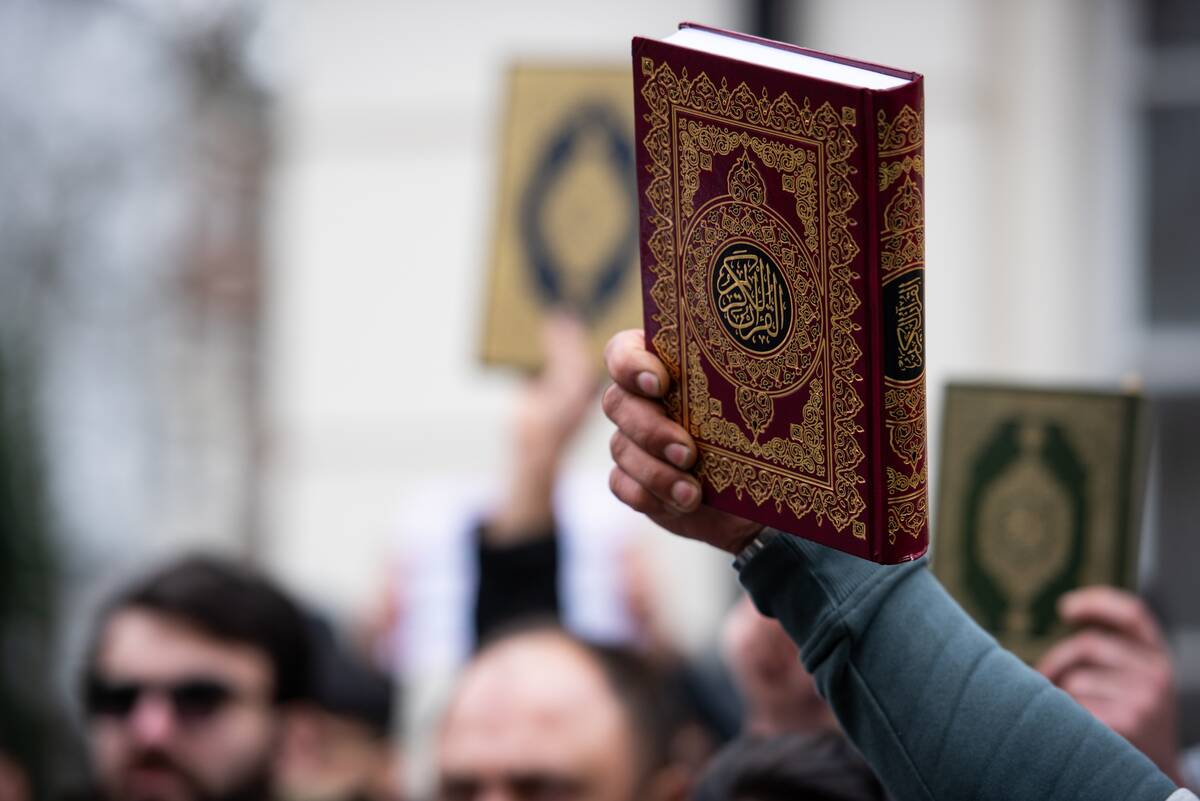
Muhammad, born in Mecca in 570, founded Islam and became its first prophet. His teachings, encapsulated in the Quran, united Arabian tribes under a single religious and political entity.
By the time of his death in 632, Islam had spread across the Arabian Peninsula and laid the groundwork for a major world religion. Today, Islam’s influence extends globally, with over 1.8 billion followers, shaping cultures, laws, and spiritual practices across continents.
Princess Diana: The People’s Princess
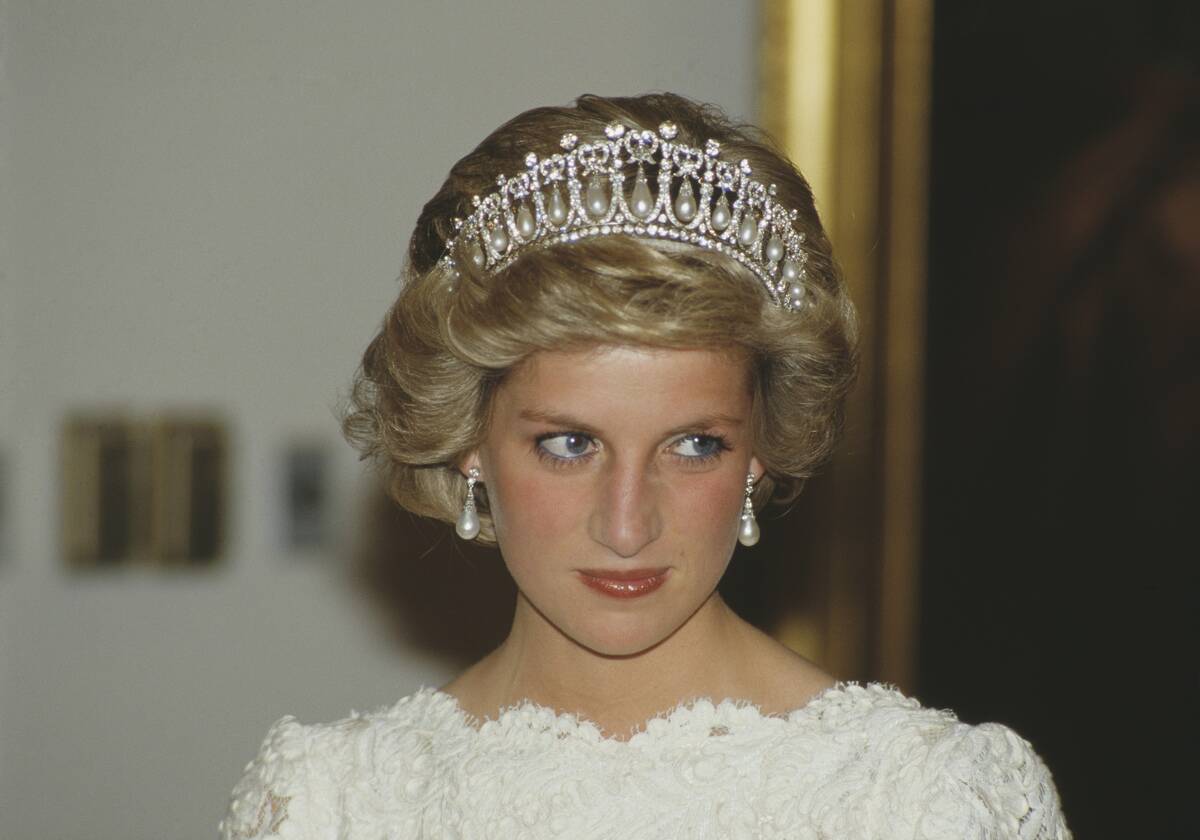
Princess Diana, affectionately known as ‘The People’s Princess,’ captivated the world with her compassion and humanitarian efforts. Engaging in numerous charitable causes, she raised awareness for issues such as landmines, HIV/AIDS, and homelessness.
Her genuine empathy and ability to connect with people from all walks of life endeared her to millions. Even after her untimely death, Diana’s legacy of kindness and advocacy continues to inspire and influence global charitable work.
Bill Gates: Tech Mogul and Philanthropist
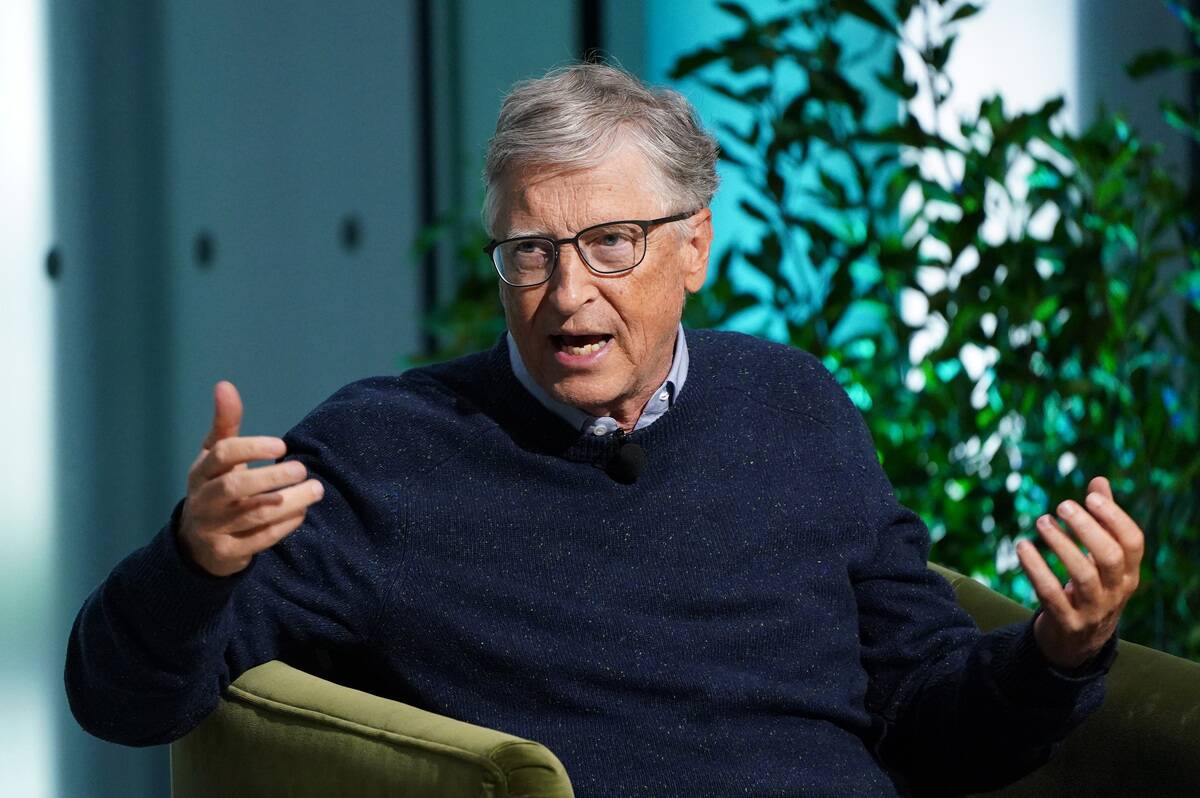
Bill Gates, co-founder of Microsoft, became a titan of the technology industry, revolutionizing personal computing and software development. Under his leadership, Microsoft transformed how people interact with technology, making computers accessible to the masses.
Beyond business, Gates is renowned for his philanthropic endeavors through the Bill & Melinda Gates Foundation, tackling global challenges such as poverty, health, and education, and striving to make a positive impact on the world.
Joan of Arc: The Fearless Warrior Maiden
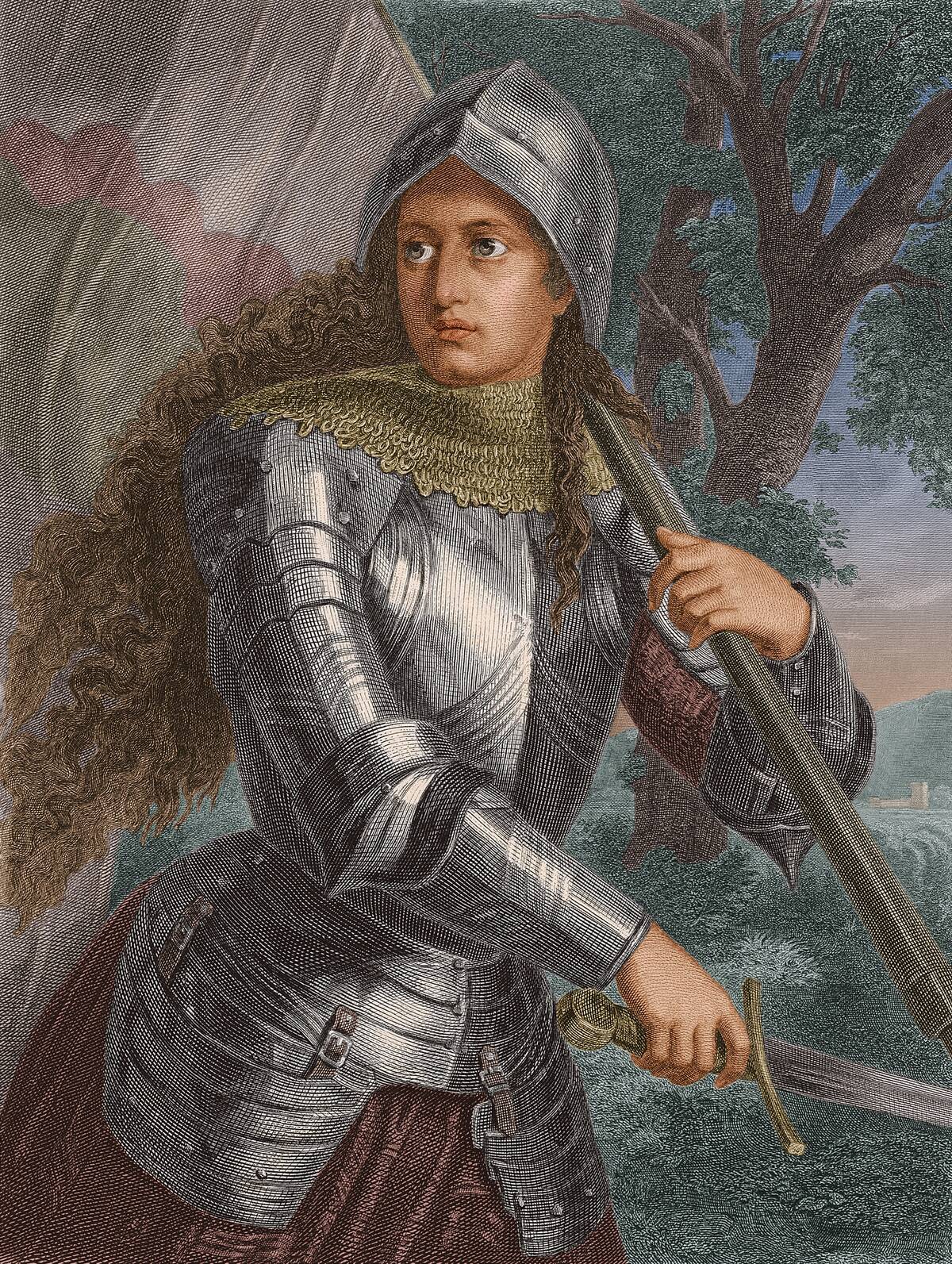
Joan of Arc, a peasant girl from medieval France, rose to become a national heroine and a symbol of courage. Claiming divine guidance, she led French troops to pivotal victories during the Hundred Years’ War, boosting the morale of a nation.
Captured and executed at 19, Joan’s legacy endured, culminating in her canonization as a saint. Her story of bravery and faith continues to inspire those who fight against oppression and injustice.
The 14th Dalai Lama: Spiritual Leader and Advocate for Peace
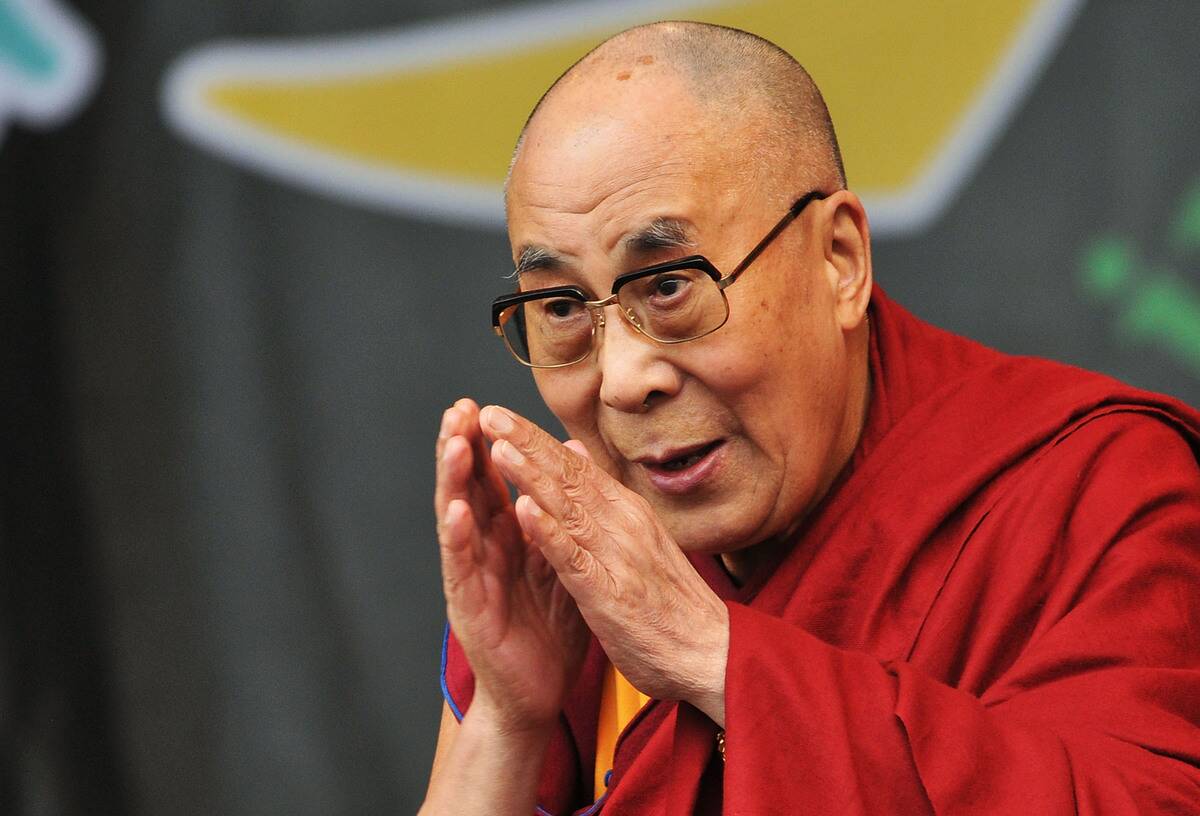
The 14th Dalai Lama, Tenzin Gyatso, is a spiritual leader revered for his teachings on compassion, nonviolence, and universal responsibility. Awarded the Nobel Peace Prize in 1989, he advocates for the peaceful resolution of conflicts, interfaith dialogue, and environmental stewardship.
Despite living in exile, the Dalai Lama continues to work for the preservation of Tibetan culture and autonomy, inspiring millions with his dedication to peace and humanitarian ideals.
Mother Teresa: The Saint of the Slums
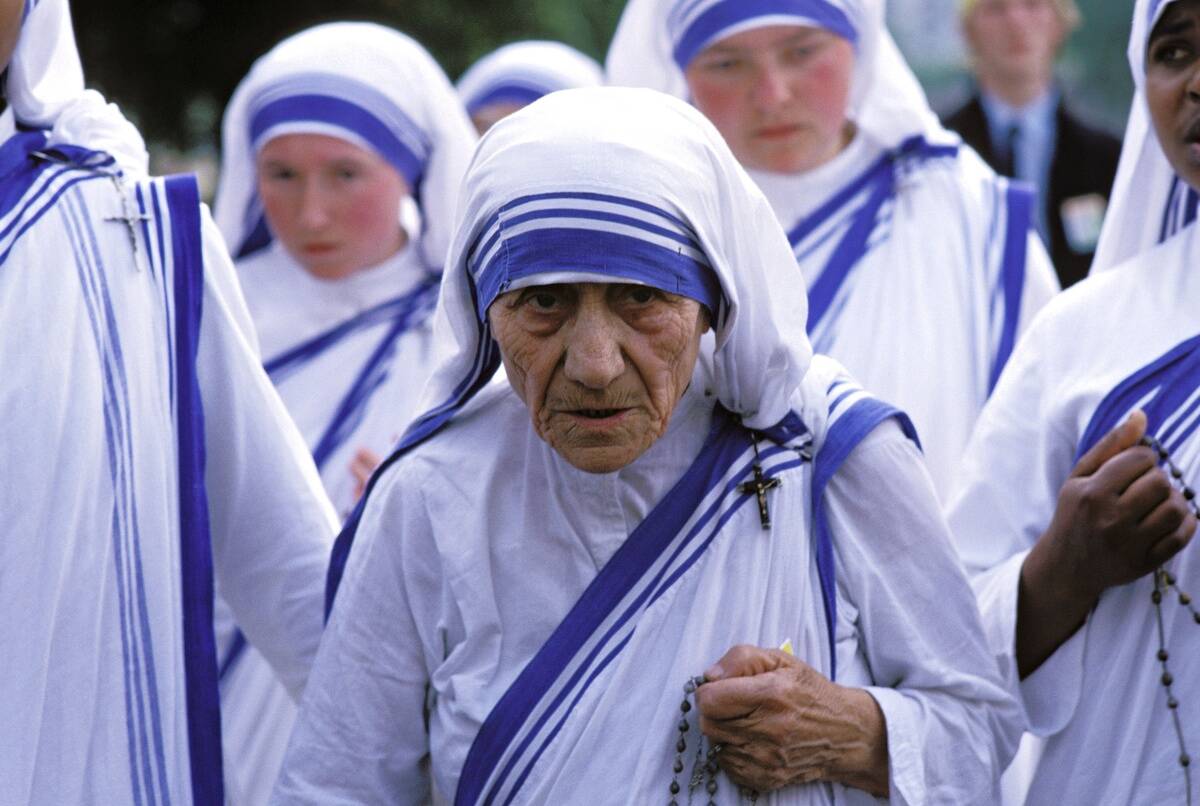
Mother Teresa, a Roman Catholic nun, devoted her life to serving the poorest and most vulnerable in society. Founding the Missionaries of Charity in Calcutta, she provided care for the sick, orphaned, and dying, embodying compassion and selflessness.
Awarded the Nobel Peace Prize in 1979, her legacy of love and humanitarian work continues to inspire people worldwide. Canonized in 2016, Mother Teresa remains a symbol of hope and charity for millions.
Christopher Columbus: The Explorer of New Worlds
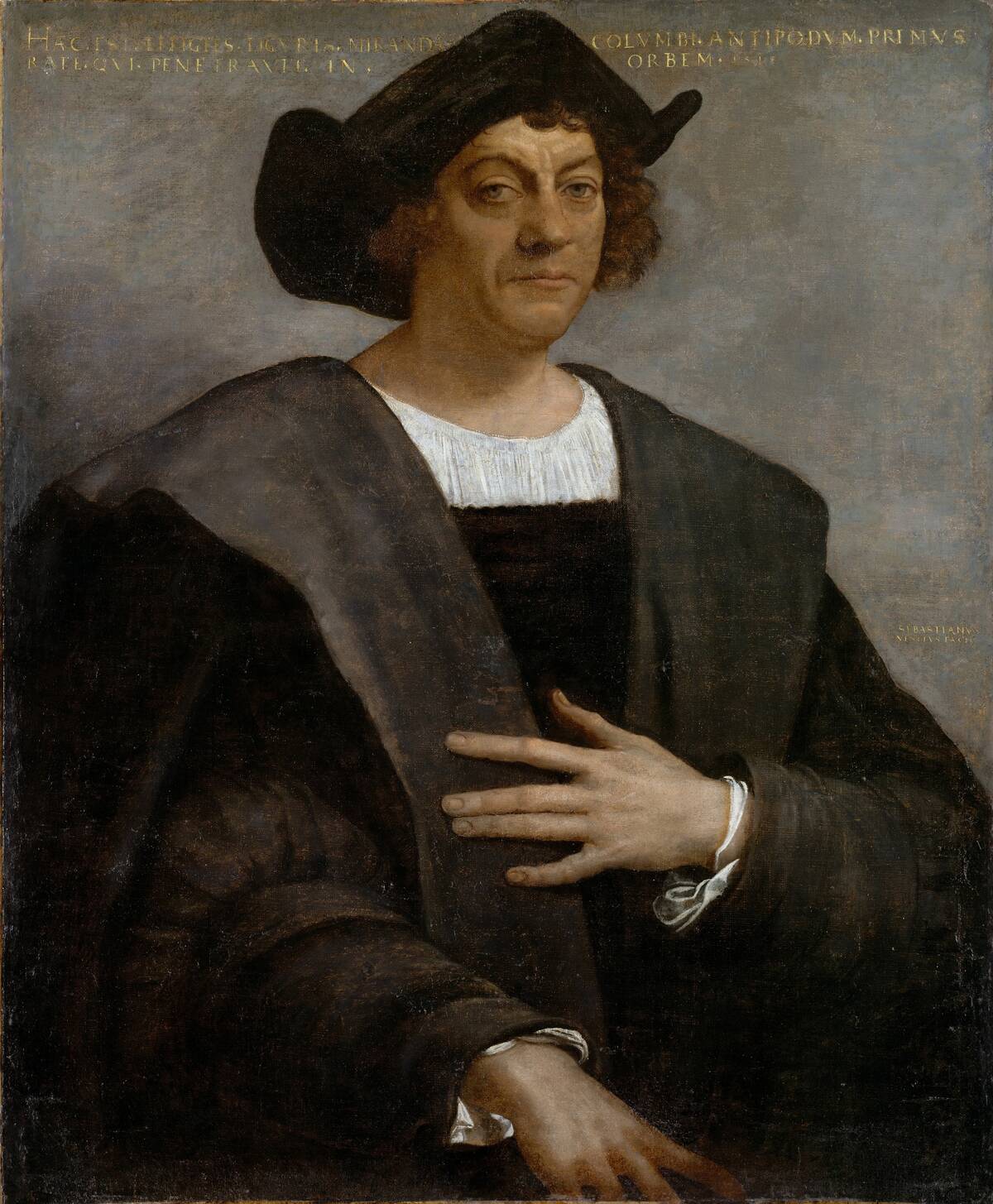
Christopher Columbus, an Italian navigator, embarked on transatlantic voyages that opened the door to the Age of Exploration. In 1492, his journey led to the European discovery of the Americas, forever altering the course of history.
While not the first to reach these lands, Columbus’s expeditions initiated widespread exploration, colonization, and cultural exchanges, leaving a complex legacy that continues to shape the modern world and its geopolitical landscape.







